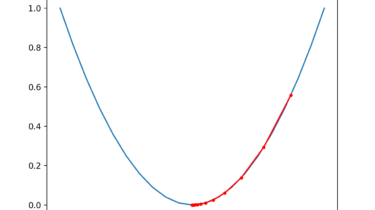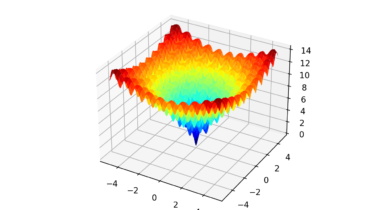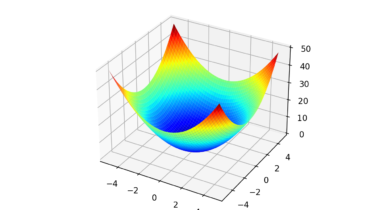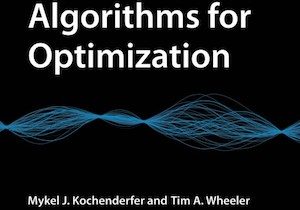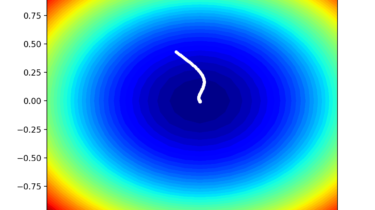No Free Lunch Theorem for Machine Learning
The No Free Lunch Theorem is often thrown around in the field of optimization and machine learning, often with little understanding of what it means or implies. The theorem states that all optimization algorithms perform equally well when their performance is averaged across all possible problems. It implies that there is no single best optimization algorithm. Because of the close relationship between optimization, search, and machine learning, it also implies that there is no single best machine learning algorithm for […]
Read more



